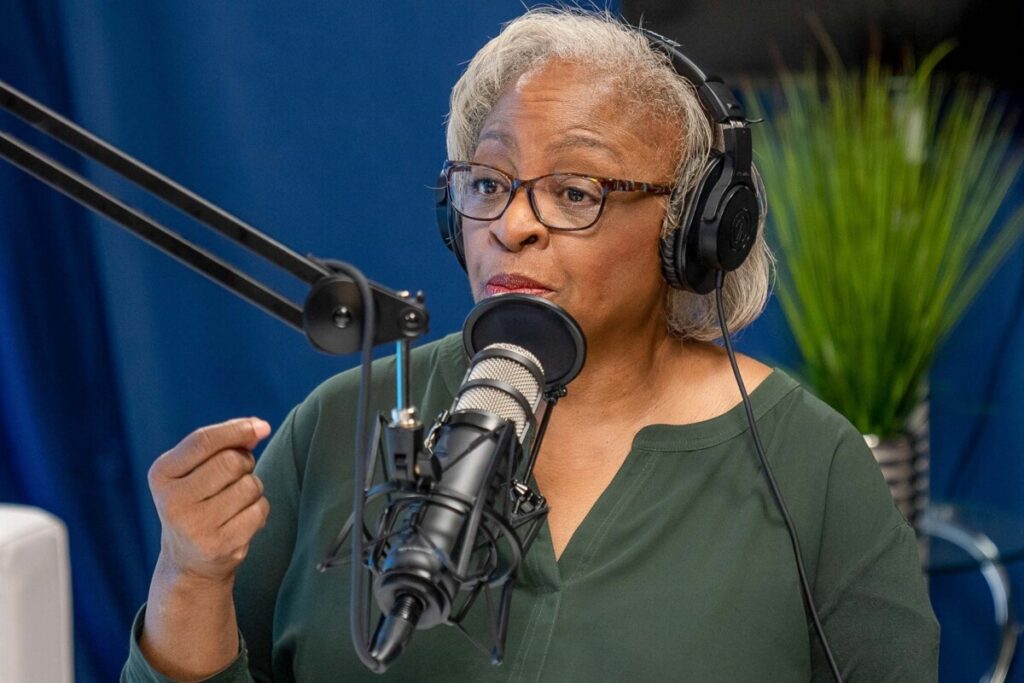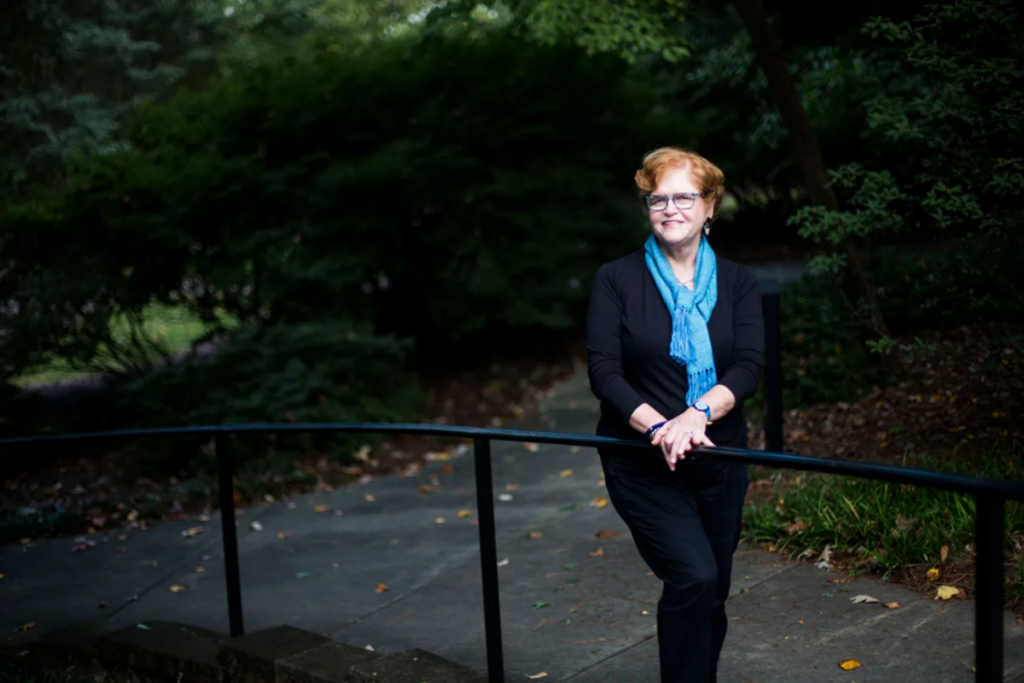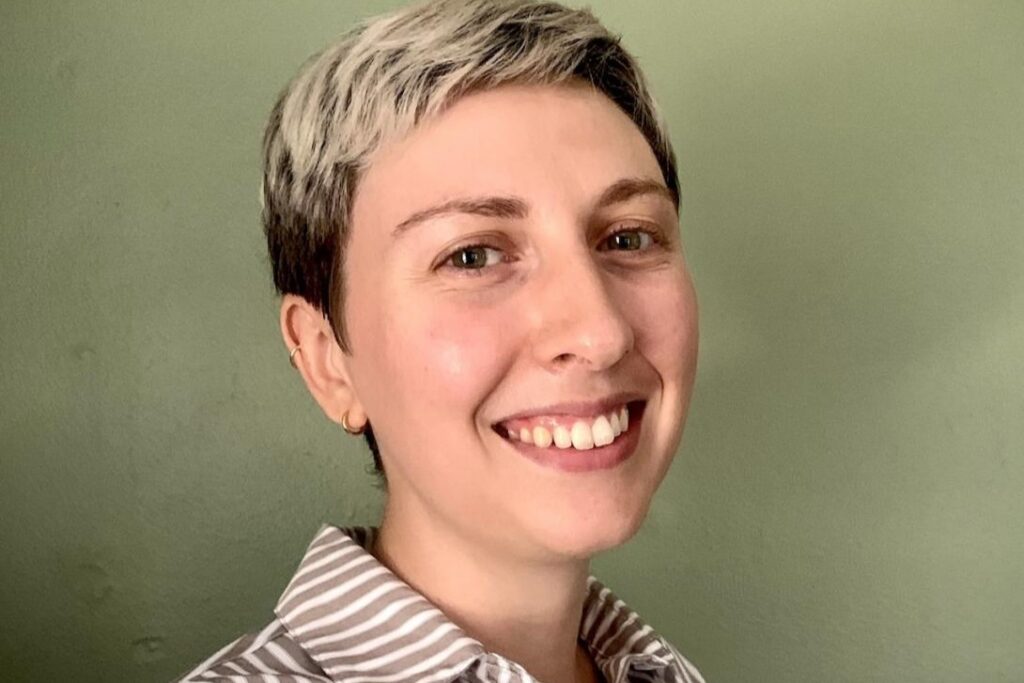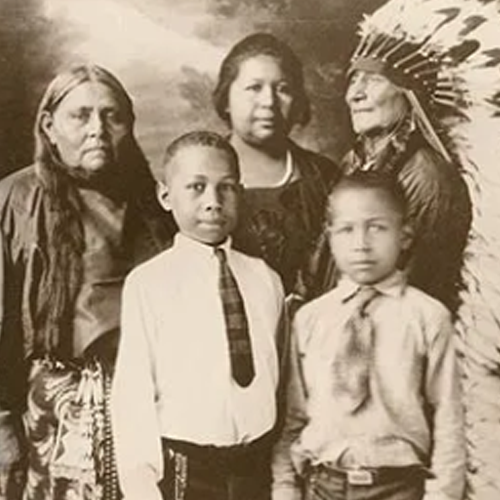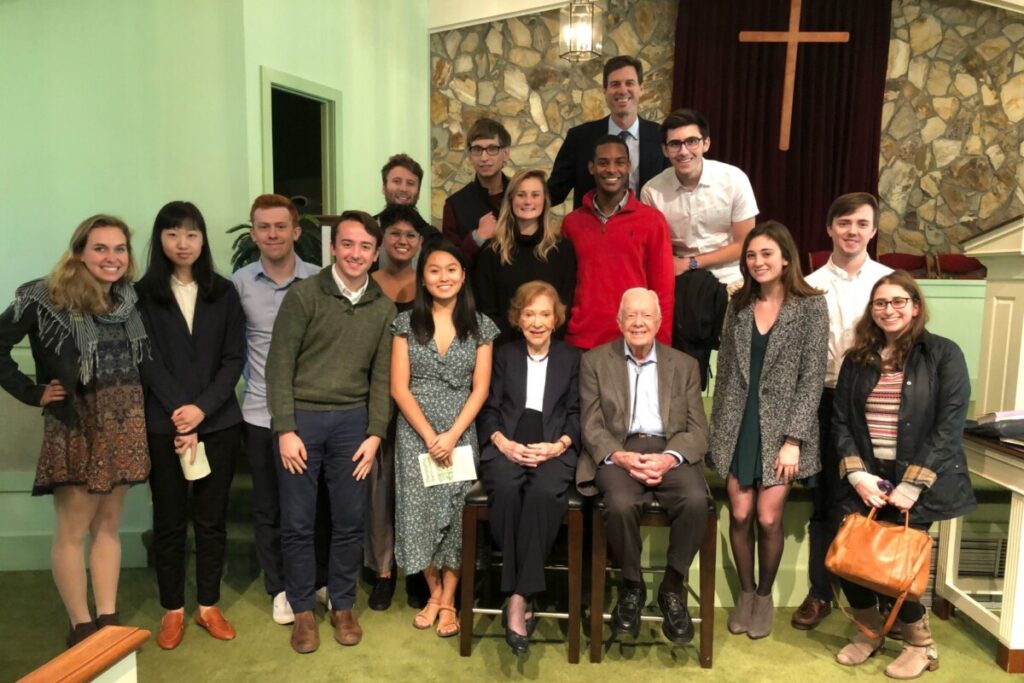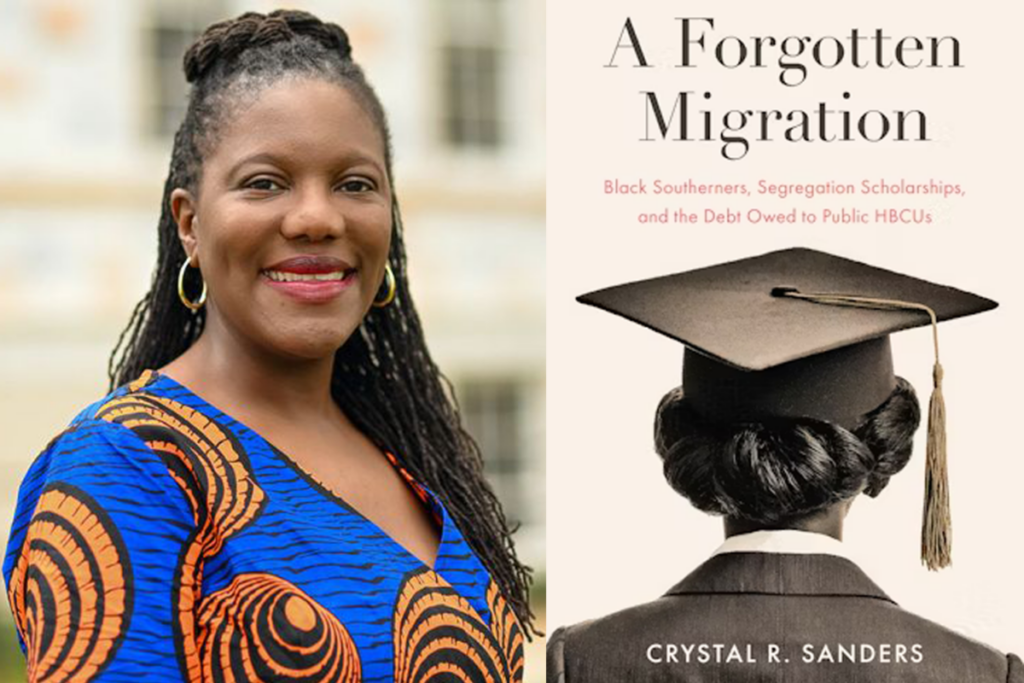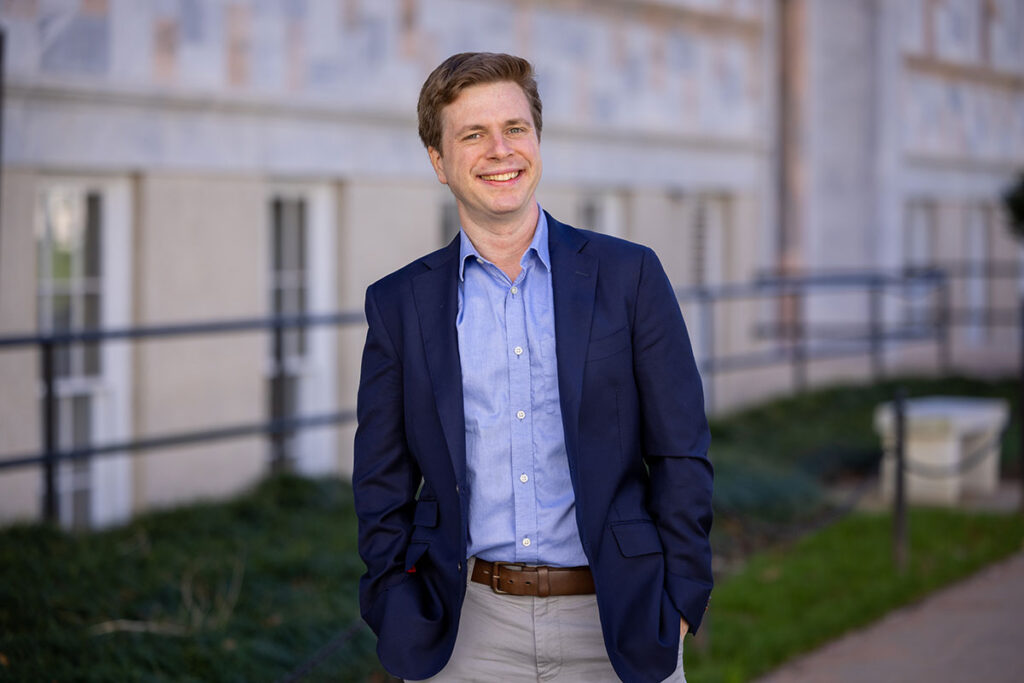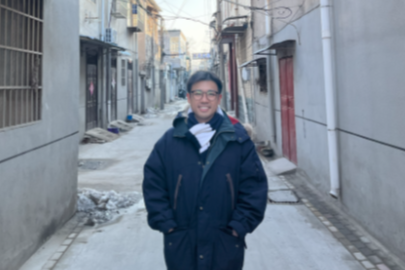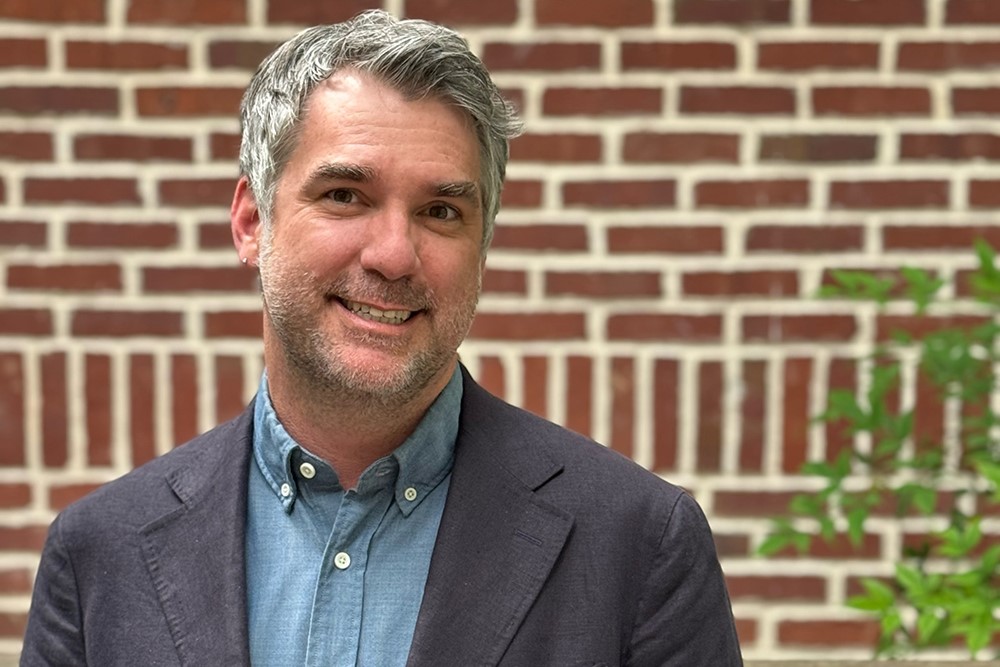
Dr. Craig Perry, a 2014 alum of the Emory History doctoral program and currently Assistant Professor of Middle Eastern Studies and Jewish Studies in Emory’s Tam Institute for Jewish Studies, presented new research at the International Medieval Congress in Leeds, England, in the summer of 2024. Based on a new English translation and analysis of a twelfth-century letter written by a Jewish merchant, Perry’s research offers new perspectives on the social history of medieval African societies and peoples. Read his reflection on the presentation, and elaboration on the research, here: “Prof. Craig Perry Presents Paper at the International Medieval Congress.” Perry completed his dissertation, “The Daily Life of Slaves and the Global Reach of Slavery in Medieval Egypt, 969-1250 CE,” under the advisement of Marina Rustow (faculty from 2003-2010).
